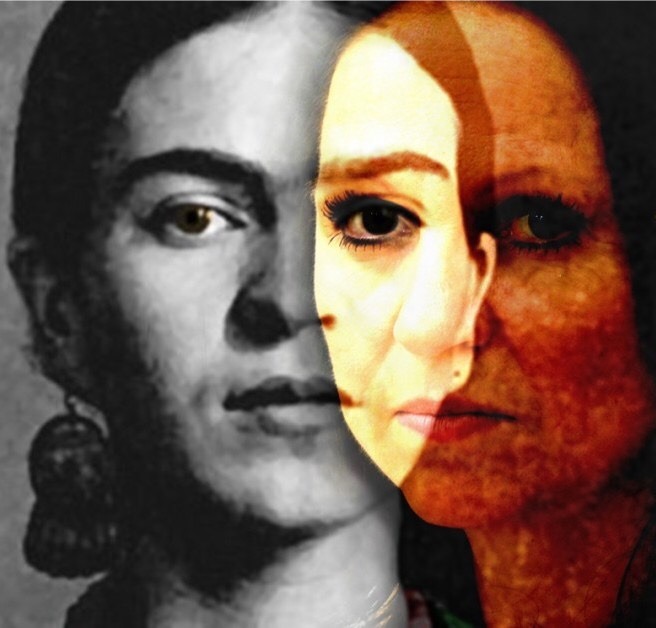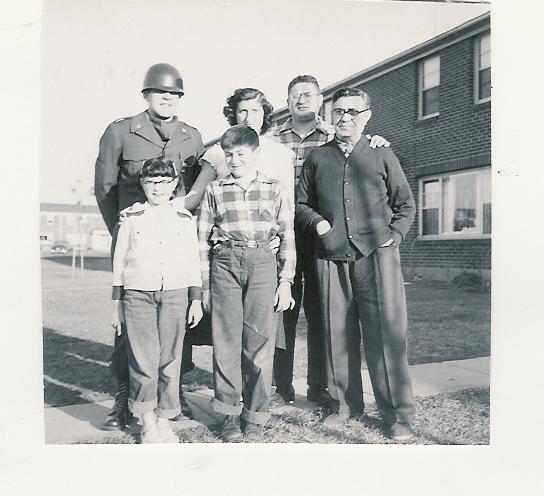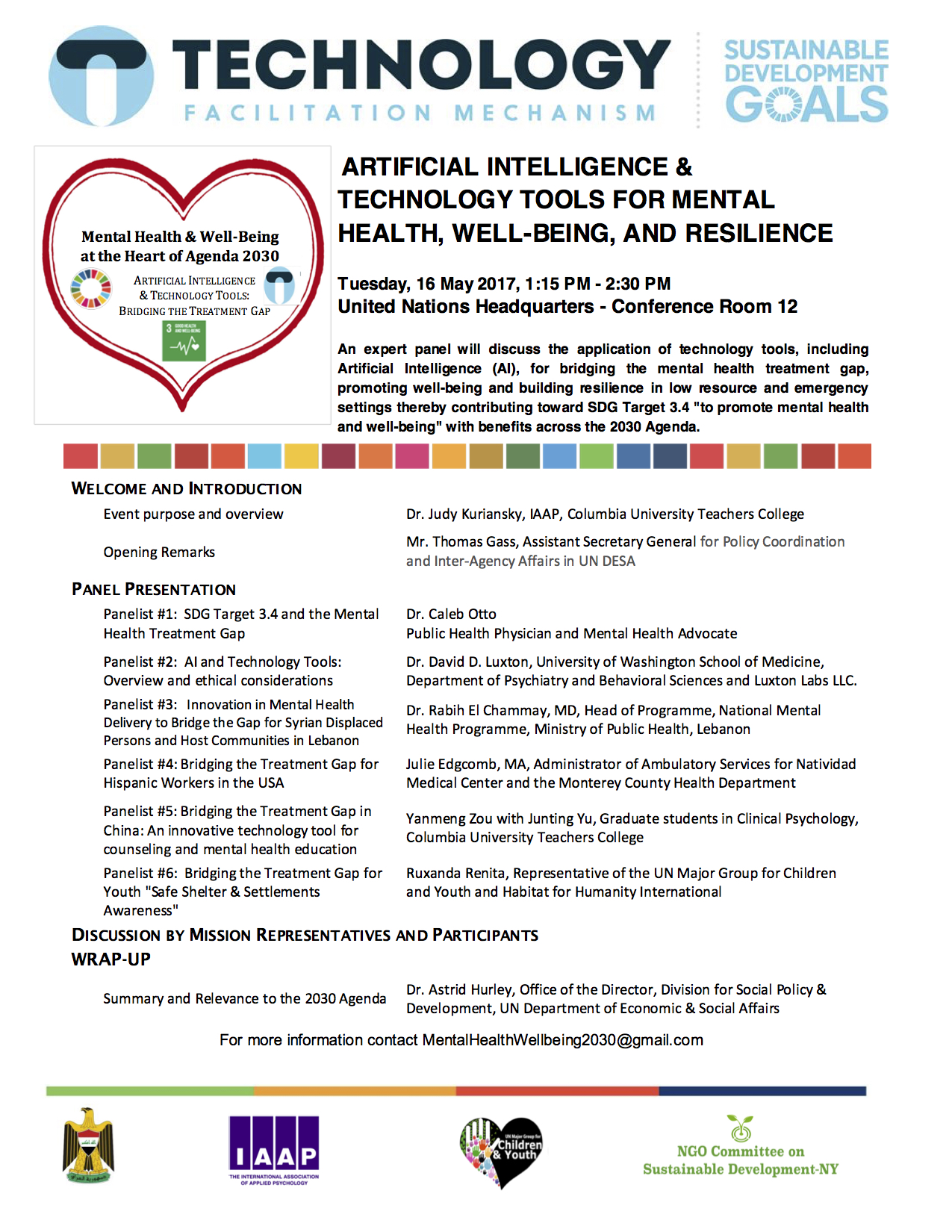Icon artist Frida Kahlo brought to life!
 Saturday, September 29, 2018 at 11:26AM
Saturday, September 29, 2018 at 11:26AM An icon artist yet tortured soul: Frida Kahlo. See her COME TO LIFE in a riveting one-woman show by my friend, actor Susan Rybin. One night only, October 6. You MUST see this astounding performance. At Solo Festival in West side theatre at 410 W 42 St NYC. IN English with some Spanish. Telecharge for tix.

Note about Kahlo's life: Though she's hailed as a feminist, Kahlo's desperate need for Diego's love is not a model I want women to follow. He may be her muse, but it is destructive for a woman to be that obsessed with a man.
Review about the one-woman show in August 2016, in Spanish
“Beyond Frida Kahlo”: Susan Rybin Reenacts Inner World of Mexican Artist
Appearing as Frida Kahlo in the play Kahlo más allá de Frida, (English translation “Beyond Frida Kahlo”) which ran from May 14 to May 16 at Repetorio Español, Susan Rybin digs much deeper than the stern, mysterious “Kahlo face” in her famous self-portraits. Delivered with riveting emotional energy, Rybin’s monologues – a stream of consciousness about Kahlo’s life hours before her death - reveal the inner world of an artist whose work was fueled by Eros as much as Thanatos. Thanks to Rybin’s mesmerizing portrayal, the play is a glimpse into artistic expression inspired by dark psychological dynamics.
For Kahlo, painting is at once self-expression and therapy. Kahlo’s (too short) life of 47 years was truncated by illnesses and injuries. But her relationship with pain is symbiotic - misery is her muse. Kahlo’s first encounter with suffering was at the age of 6, when she was stricken with polio, leaving her to limp for the rest of her life. A traumatizing injury occurred 13 years later during a streetcar collision, when Kahlo’s entire body was impaled with a steel handrail, piercing even her private parts. The pain was so excruciating that Kahlo contemplated suicide several times in her life. As actress Rybin shouts heart-wrenchingly on stage, “Drenched in blood! Drenched in blood! Drenched in blood!” the audience is transported to that fateful moment – that Kahlo considered the first accident in her life.
The second, she declares, is her love for Diego.
Love for prominent Mexican painter Diego Rivera is for Kahlo even more painful than her physical afflictions, complicated by three miscarriages. So obsessed with him and his infidelities that she would “walk off a cliff for him,” she feels constrained to “a mansion of oblivion” in a union between “an elephant and a dove,” as a crippled elephant pining for the affection of a wandering dove. To Frida, Diego was everything: husband, muse, and more (“After Diego, the pope,” she declares). These emotional excesses of Kahlo are powerfully conveyed through Ms. Rybin’s engrossing monologues, made compelling by the dramatization of characters we never see. For example, the audience never catch a glimpse of the debonair Don Juan himself (though Frida speaks in his voice and to his overalls) - but that’s precisely the point, since Diego’s importance to Frida is as much real as imagined.
“As an artist, Kahlo used obsession with this man as a muse for her work, so you repeat what you are rewarded,” said Dr. Judy Kuriansky, a noted clinical psychologist who attended the show, who was as much impressed by the actress Rybin as by the character she portrayed. “Rybin captured Kahlo’s character with all her psychological conflicts, taking us on a cyclone roller coaster ride of a woman’s deep emotions that at once terrify us in their extreme, yet allow us to identify with the universal aspects of her personal pain and obsession.”
In Kuriansky’s analysis, Rybin accurately conveyed the conflicts within a woman locked in isolation yet putting on a flamboyant face and dress in public, and also within a female liberated from traditions of her times yet tortured by stereotypic obsession over the love and attention of a man.
“I’ve advised young women for decades on my radio shows to build self-esteem,” says Kuriansky. “Yet some females even today are still locked in this trap."
Audience member Celena Vasquez was similarly moved. “Sometimes women in love do crazy things,” she said. Vasquez who described herself in a “good marriage,” added, “You shouldn’t be so attached to a man, especially one who doesn't care for you the way he’s supposed to.”
“The show reminds us of the immigrant women we work with that face obstacles,” said Rosita Romero, deputy director of the Dominican Women’s Development Center who attended the performance. “Frida is the symbol of women’s ability to deal with pain and difficult life circumstances.”
The relationship between “artist” and “muse” is a perennial theme in plays and movies. The case of a female used then abandoned is also the story of Dora Marr, Pablo Picasso’s mistress, and was recently portrayed in a one-woman show in New York City by actress Michele Farbman. The film 33 Días about Picasso and Marr is reportedly due out next year, starring Antonio Banderas and Gyneth Paltrow.
For Kahlo, Diego’s love and betrayal fuel her endless spiral of psychological torment and artistic genius.
Frida’s inner turmoil is palpable through Ms. Rybin’s performance, as the character insists that she doesn’t paint dreams, only realties. French surrealist André Breton, who launched Kahlo’s career in Paris, famously called Kahlo’s work a “ribbon around a bomb”, but for her, critics like him “poison the air with theories of the artist’s genius”. In contrast, she paints from her gut, where “art is like being - it feeds the soul.”
Ms. Rybin’s virtuosity is most prominent in her portrayal of the dichotomy of two Fridas: the tomboy and the dolled-up princess, the Frida in the throes of hysteria and alternately in tears of despair. The contradiction is evident in her self-description as “a living still life” and as “a piñata, colorful on the outside but fragile on the inside.” For all her liberated artistic expression, Kahlo’s obsession over Rivera is nothing modern.
Rybin had the play in mind for 10 years, perhaps one explanation for her capturing “the real Frida Kahlo” so convincingly. Another reason may be Rybin’s admiration since age nine for American actress Bette Davis, who brought many complicated female characters to life.
The gestation time inspired Rubin this original portrayal, of which Rybin is proud. “The way Frida Kahlo plays have been done in the past in Latin American cultures is boring – using just projections, paintings and videos behind the actress as she recounted Kahlo’s life story,” said Rybin, whose Hispanic roots underlie her observations. “We came up with the unique concept of Frida portraying herself through the different phases in her life, and bringing Diego to life in a creative way. ”
“The original text with Kahlo telling anecdotes of her memories while preparing for a house party was too linear,” said Peruvian director Walter Ventosilla in an email statement. “I wanted to go ‘Beyond Frida’ to create a new rhythm, storyline and context by cutting many of the usual ‘stories’ …and give greater prominence to the presence of death in the skull of “La Catrina” (the beloved grand dame of Mexico’s dance with death) that unites the story of Frida three times.”
While the play doesn’t offer new facts about the well-known details of Kahlo’s life, Rybin’s captivating monologues and the original stage direction invite powerful insights into a tortured soul, and an artist even more fascinating than the work she produced.
“We had producers come from Peru, Argentina, Mexico and Spain, who all appreciated our approach,” said Meiling Macias-Toro, co-producer of the show with Rybin. As the play was in Spanish, many audience members were also Hispanic; English-speaking attendees were offered headset live translation (by Rybin’s daughter, also an actress). “We are considering mounting the show in English,” says Macias-Toro, “But we need to keep the Mexican nuances intact. Obviously you don’t say it in the same way, but the performance will translate the same feelings. When people hear it, they will know if the character is angry, or in pain.”
When not performing herself, Rybin runs a talent management company and the Rybin Studio of Drama offering Spanish/bilingual training for young performers. One of her students is now in “Kinky Boots” on Broadway. Says Rybin, “I get such pleasure out of seeing young people express themselves and become “stars” and I want to make people aware of the talent of Latino actors.”
written by Qi Xie






